Police and psychologists needed in schools to deal with rising violence, principals warn
With more violence reported in classrooms and playgrounds, school principals have called out assaults and abuse from students and parents.
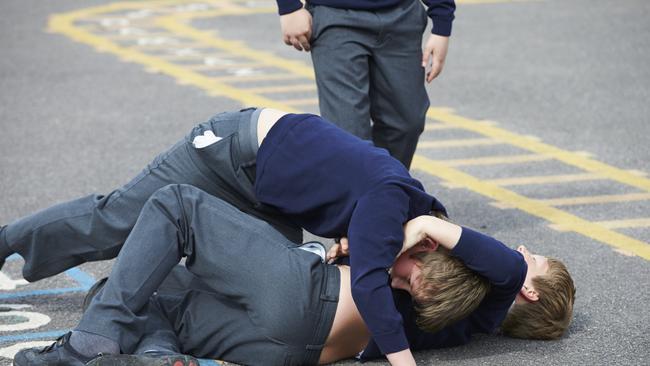
Principals have called for help from school-based police officers and psychologists to deal with record levels of violence from students and parents, as primary schools struggle to teach children still in nappies.
Guns and knives have been used to threaten school leaders, with half of Australia’s school principals reporting physical assaults last year – the highest rate in 14 years.
Students were responsible for 95 per cent of violence, based on a survey of 2182 principals that reveals half intend to quit before retirement age.
Australian Secondary Principals Association president Andy Mison said he had been bashed by a teenager high on drugs while working at a previous school in the Northern Territory.
“I was attacked by an ice-affected young person who had me around the throat, trying to smash my head in with a paver,’’ he said. “Thankfully the school-based constable came to apprehend the young person and call for support.’’
Mr Mison called for more action on school safety, including school-based police officers and psychologists to help students with anger or mental health problems. “A lot of the violence occurs from students,’’ he said.
“Kids with learning disabilities may not be able to regulate themselves and it sometimes explodes into violence against teachers.
“If you’ve got a great big strapping lad in year 10 or 11 who behaves in an intimidating way, that is very threatening.
“I don’t want someone to get seriously hurt, or worse, before we do something about it.’’
Mr Mison said staff psychologists, school-based police officers and on-site health and community services could help solve the crisis. “Imagine if it wasn’t left to the education budgets to cover it, and for principals to organise and co-ordinate it,’’ he said.
Students’ mental health, neurological conditions such as autism or ADHD, behavioural problems and family issues topped principals’ concerns about their students.
Reports of physical violence have soared 82 per cent since the Australian Catholic University Institute for Positive Psychology and Education started its annual Australian Principal Occupational Health, Safety and Wellbeing Survey in 2011.
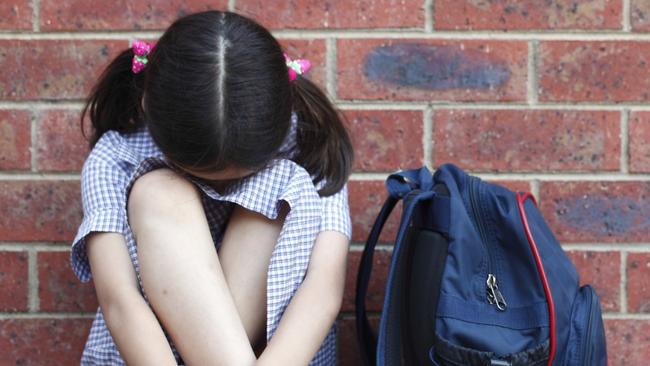
Three out of four principals said they had experienced a “critical incident’’, such as violence, a death, medical emergency, natural disaster or bullying.
Fifteen per cent of those principals had dealt with the death of a student or family member, 12.6 per cent with suicides or suicidal threats, and 7 per cent with custody, child protection and abuse-related incidents.
Mr Mison said at one school in which he had worked “I had to manage the fallout of a very tragic murder-suicide involving a mum and two of our young students’’.
“People post-Covid have been struggling with the cost of living and housing pressures, particularly in our outer metropolitan and regional areas,’’ he said. “There’s been growing anxiety among many our kids, and wellbeing has been a significant issue.’’
Australian Primary Principals Association president Angela Falkenberg said some parents seem to “enjoy the drama’’ of threatening teachers and principals. “A colleague told me last week that a parent had threatened to slit their throat,’’ she said. “I’ve had a knife pulled on me, and a gun pulled on me (in the past).’’
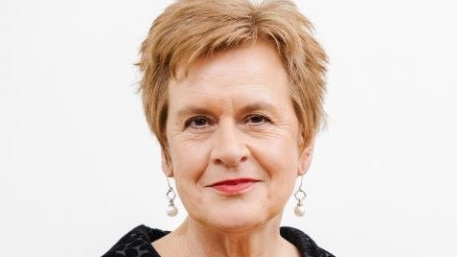
Ms Falkenberg raised concerns about poor parenting, noting that more children were turning up to school still in nappies. “We’ve had a rise in children who are really dysregulated – they have big emotions and can’t control them, so they can throw things, bite and kick,’’ she said.
“I had a preschool teacher telling me about a four-year-old who hurls wooden blocks and sticky tape dispensers so she has to be ready to leap in front of the other children (to shield them).
“We get children starting school in nappies. They’re not toilet-trained, and you don’t know they’re wearing a pull-up (nappy) until it’s time for the swimming lesson.’’
Ms Falkenberg said too many parents were “always on their phones’’ so children misbehaved to get attention. Parents’ stress was also transferring to children, she said. “With housing insecurity and parents worrying about bill payments, children know their parents are stressed. They shouldn’t be burdening children with these worries, but they do.’’
Ms Falkenberg said when she worked as a school behaviour coach in the 1990s, two or three children in each school displayed behavioural problems. “Now you’ll have two or three in each class,’’ she said.
Catholic Secondary Principals Australia president Stephen Kennaugh said some parents felt they could threaten or speak inappropriately to teachers.
He called for a national policy to protect teachers and principals from violence and abuse. “At the moment, individual jurisdictions are writing their own policies,’’ he said. “It needs to be universally understood and supported by the law.’’
One in five of Australia’s school principals took part in the ACU wellbeing survey, which used clinical psychology tools to assess 9.3 per cent of them as suffering severe anxiety, with 7.1 per cent receiving a severe score for depression.
“Workload, violence and mental health challenges continue to escalate,’’ the ACU study’s co-chief investigator, educational psychologist Herb Marsh, said.
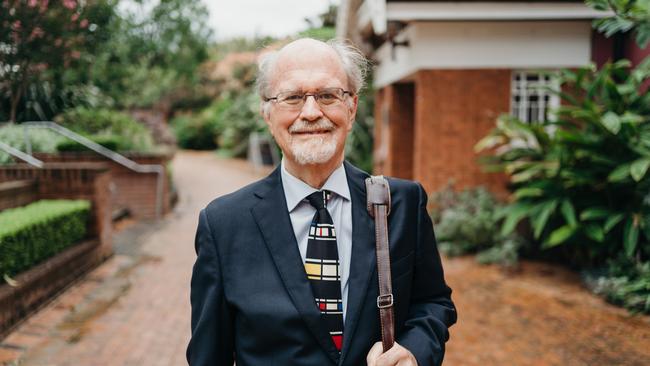
The researchers said 500 principals were poised to quit, and suggested more of them be encouraged to job-share.
An NT public school principal told the researchers there was little support and care for staff.
“Incidents such as having a loaded firearm pointed at you and being told you will be shot should receive some sort of support from department heads when they hear about it,’’ he said.
“Even just a phone call to see if you are OK, instead of silence.’’
A public primary school principal from South Australia told researchers “we are increasingly frontline social workers dealing with trauma and emergencies’’.
And a Victorian government high school principal cited “abusive parents, social media and entitled students’’ as key problems.
Federal Education Minister Jason Clare said every principal and teacher “should feel safe and be safe in their workplace’’.
“Teachers and principals do the most important job in the world and any form of harassment is unacceptable,’’ he said.
“We have established an Anti-Bullying Rapid Review to examine current school procedures and best-practice methods to address bullying behaviours. Bullying has no place in our schools. Students, teachers, principals and staff should always feel safe in the classroom.’’
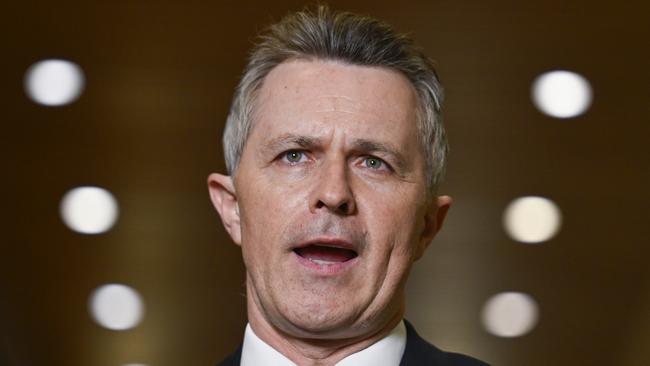
Mr Clare is meeting with principals from government, Catholic and independent schools twice a year to listen to their concerns.
Federal opposition education spokeswoman Sarah Henderson has singled out student behaviour as a priority if the Coalition wins government. She told the ASPA education summit last week that a young teacher who quit the profession had told her ‘‘I didn’t become a teacher to have chairs thrown at me’’.
Senator Henderson pledged to support schools with “safe and orderly classrooms which allow teachers and students to thrive’’.


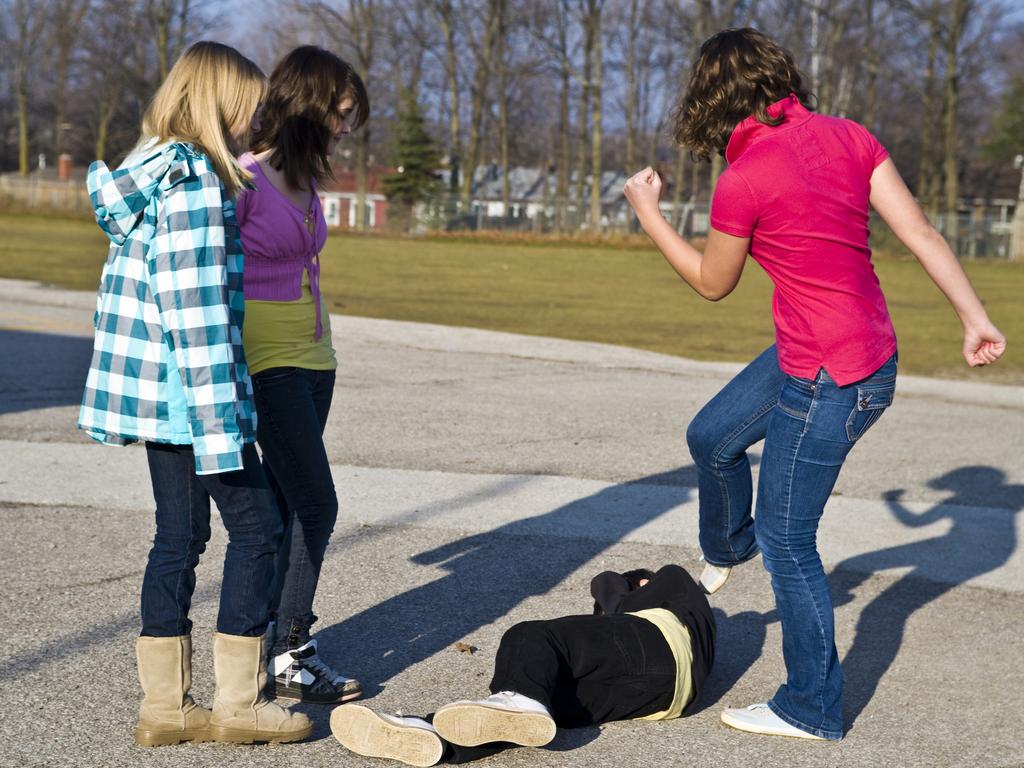


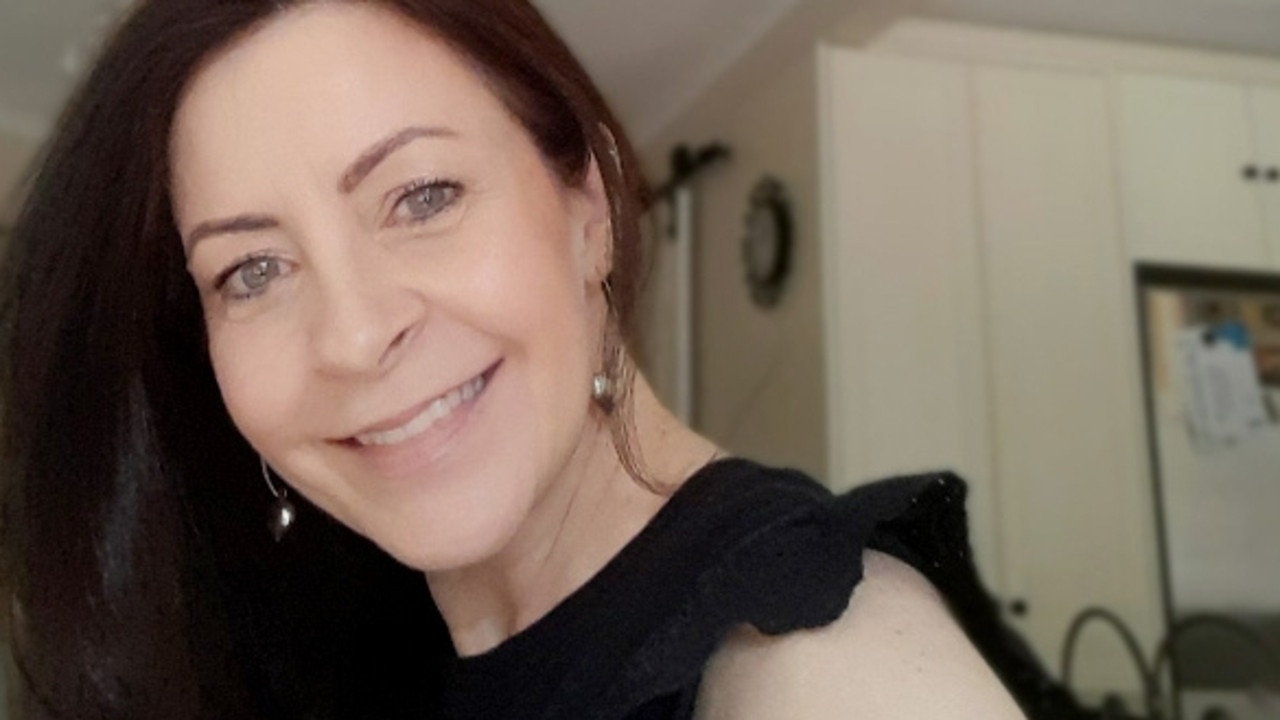

To join the conversation, please log in. Don't have an account? Register
Join the conversation, you are commenting as Logout